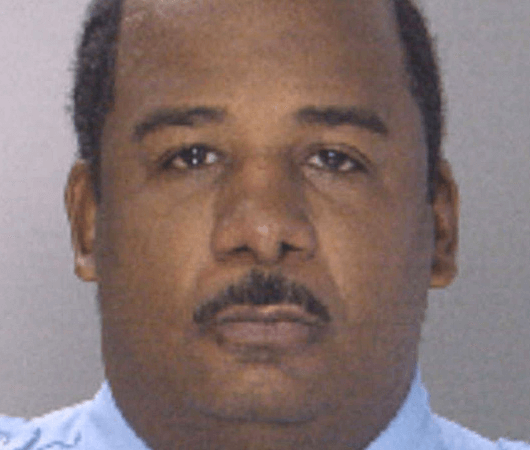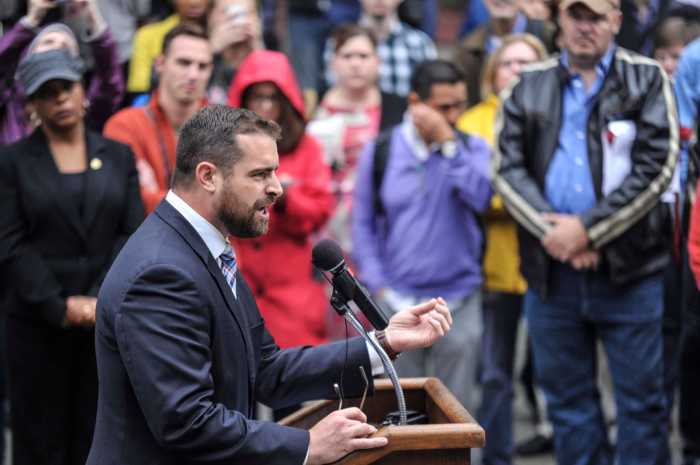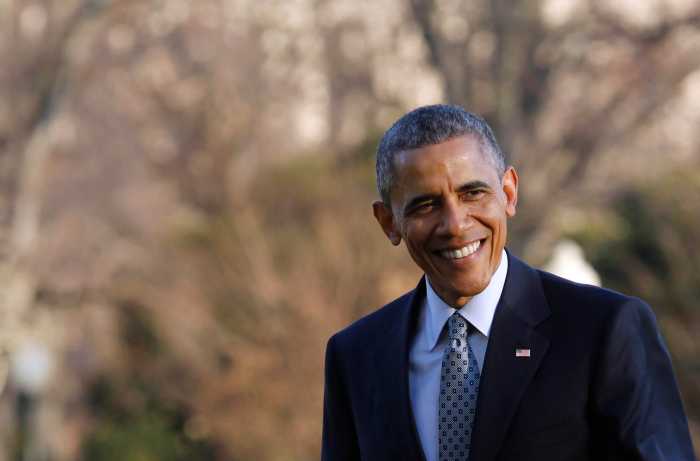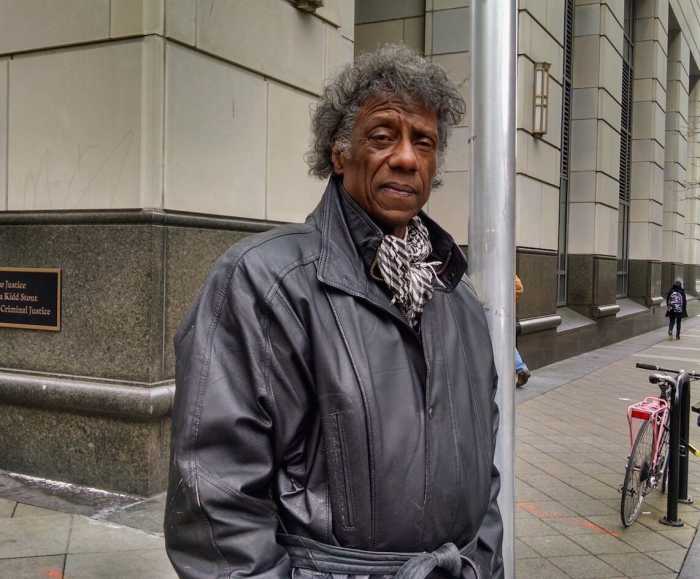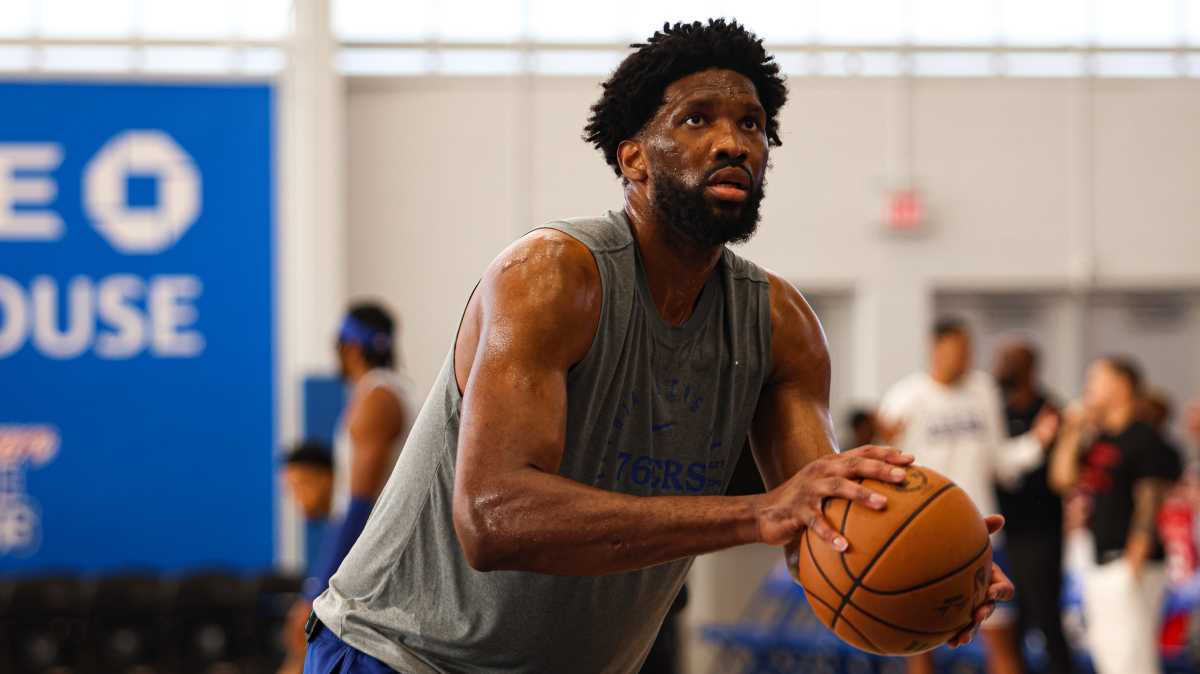They were known as Twin Towers — two African American cops on an elite, mostly white, drug squad.
Jeffrey Walker was a troubled cop with a reputation for getting drunk and falling asleep on stakeouts.
Linwood Norman had family connections to the drug trade that, according to testimony, gave the men a ready buyer for stolen narcotics.
Together, the squad used their imposing physical size to help them intimidate suspects.
The story of their friendship and its undoing highlight dynamics of the drug squad they were members of, and its ultimate downfall.
Walker, who was caught in an FBI sting burglarizing a drug dealer’s house, took the stand for three days last week in an effort to get a reduced sentence. He told jurors that when he began cooperating, he tried not to name Norman.
“I owed the man my life,” Walker said, explaining that Norman had once tackled a gunman who had Walker in his line of fire.
For much of his time working in the Narcotics Field Unit, Walker worked in a car with Thomas Liciardello, the de facto leader of the group.
Over time, a rift grew between Walker and Liciardello. Walker, during testimony, said he was never quite sure what the rift was about — though defense attorneys implied Walker’s excessive alcohol use the source of the strife.
Walker became the butt of jokes in the unit. After getting gastric bypass surgery, his colleagues called him “staple stomach.” They also made fun of his messy divorce.
“They laughed and joked,” Walker said. “They weren’t supportive. The only person who supported me was Norman.”
When other members of the group began to refuse to work with him, Norman stuck by Walker.
“If Norman was off, I was by myself,” Walker said.
Walker also testified that when the group was dividing cash stolen from drug dealers, he made sure Norman got his share.
Over time, however, Walker said he and Norman began to believe they were receiving less than what the others received. That led them to hatch a plot — never executed — to steal guns, drugs, cash and other evidence from their boss’s car.
They also used Norman’s family connections to the drug trade.
In one bust in which they arrested a drug courier carrying four kilos of cocaine. The courier was charged for one kilo. The rest would be sold by Norman’s nephew, according to court testimony.
After one bust, Walker testified that he believed other members of the group had stolen cash, but had refused to share it with Walker and Norman. Walker stole a little bit of marijuana from each of the bricks the group had seized. He said he gave Norman a bag containing three to six pounds of marijuana.
“The next day, he gave me a little over $2,000,” Norman said in tearful testimony.
The connection to the drug trade ultimately proved Walker’s undoing. When Walker needed an ounce of cocaine to plant on a drug dealer, he turned to one of Norman’s relatives. The plan was to burglarize the dealer’s home while he was in jail. The suspect, however, turned out to be an FBI informant, and Walker was arrested by the FBI with cash and marijuana as he left the dealer’s house.
Walker said he was prepared to turn over whatever narcotics he found in the house to Norman’s kin and pay for the cocaine with proceeds from the burglary.
His decision to flip on Norman, he said, was extremely difficult. But he knew he had to if he wanted the best shot at getting a reduced sentence.
“I had to tell the truth.”



